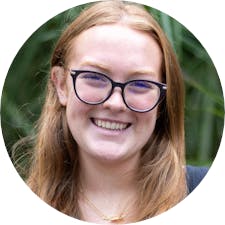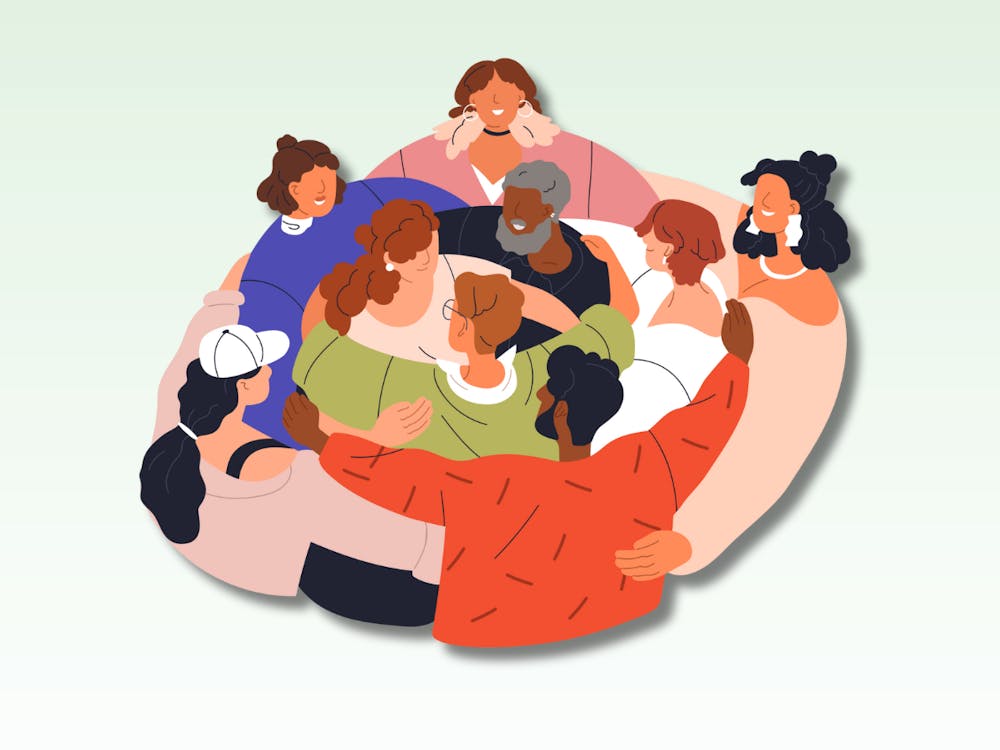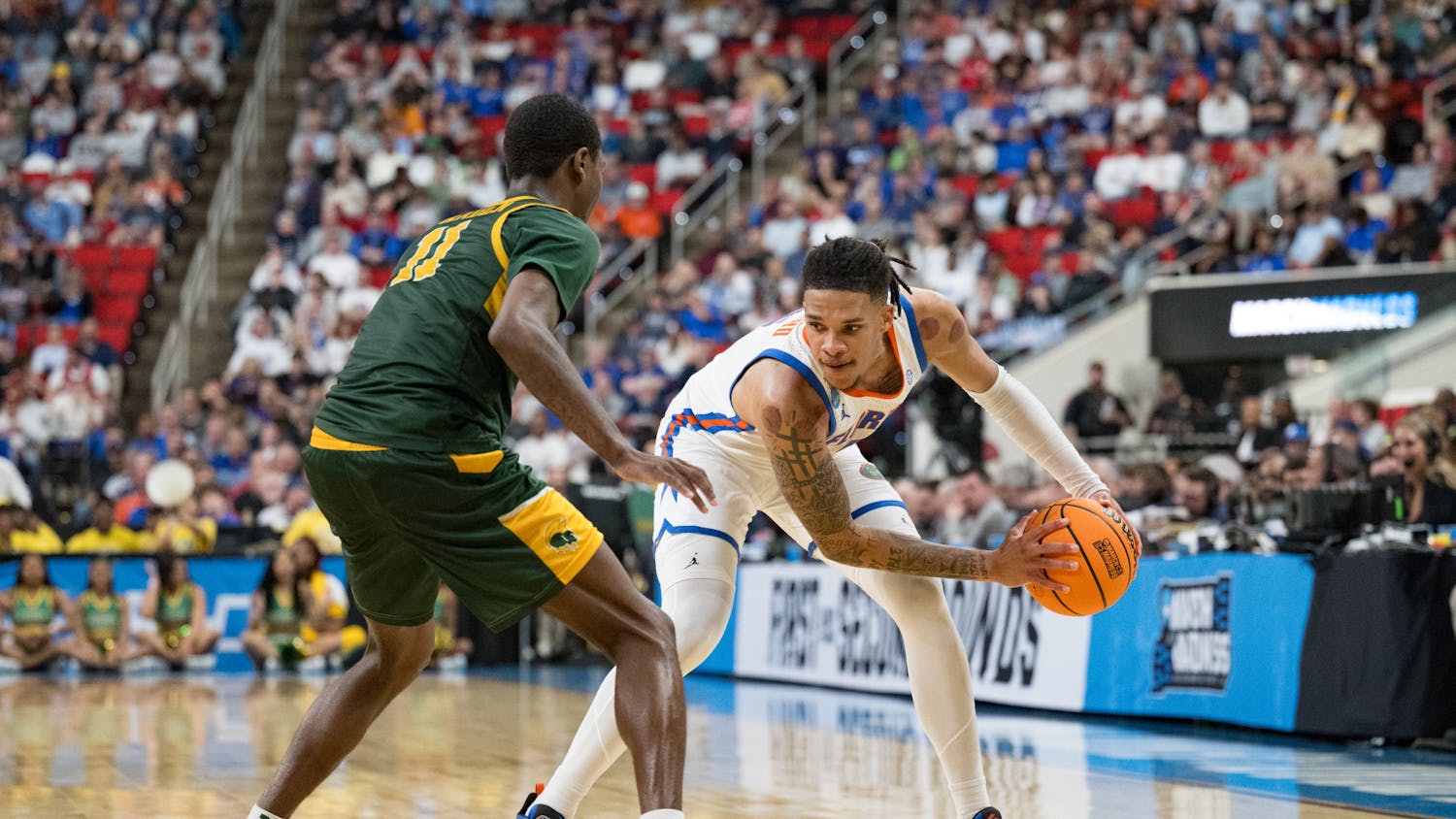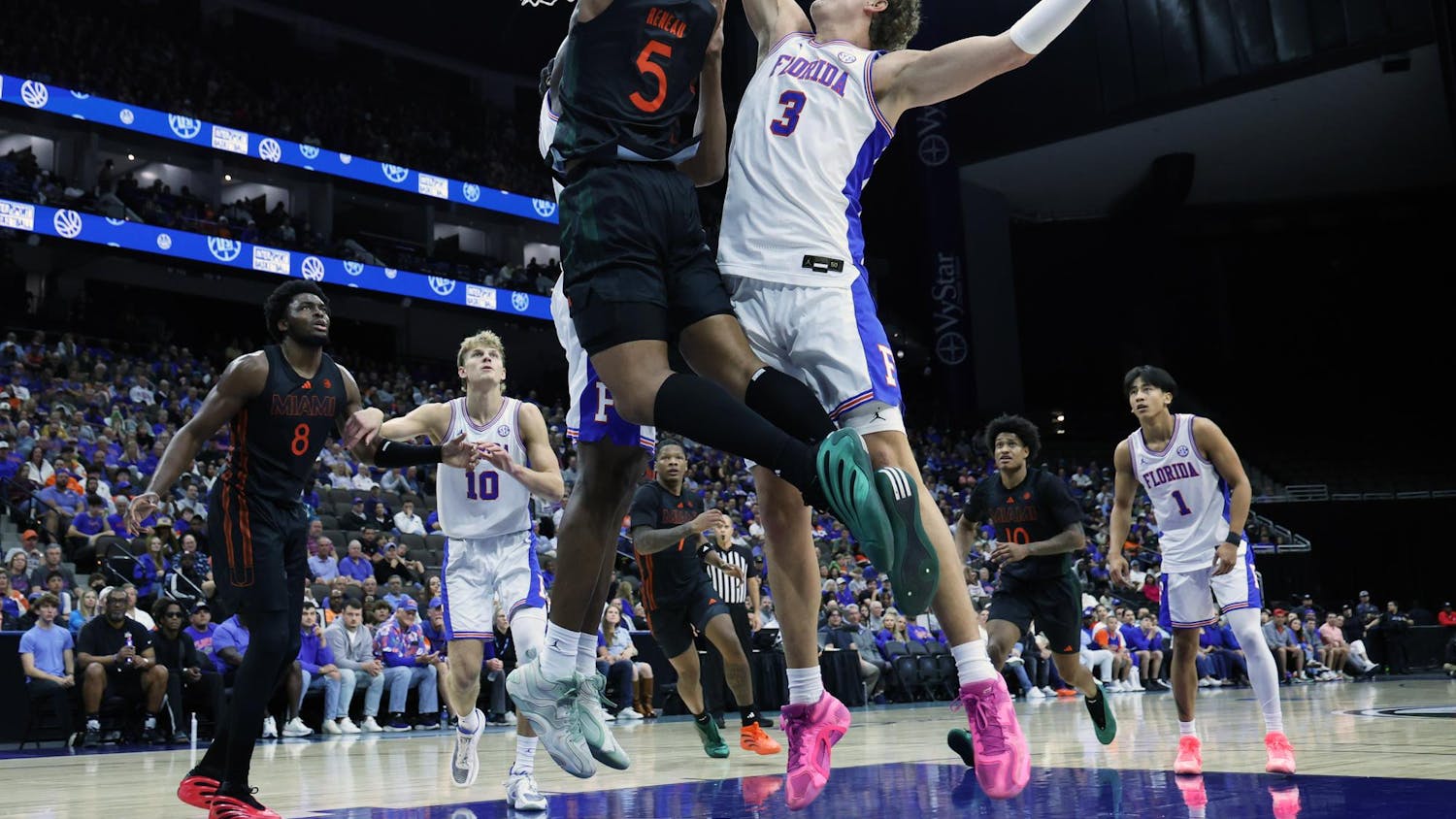Liel Shachr has struggled with eating disorders on and off her whole life. Pressure from social media and society made her want the “perfect body,” leading her to suffer from both anorexia and bulimia. Her mental health plummeted as a result.
But when the 21-year-old UF natural resource conservation senior looked for a support group to join when her struggle with eating disorders was at its peak last year, she found UF did not have one. Other community support groups were expensive, Shachr said, leaving her in a hard spot.
“I wanted to have an opportunity for not just myself, but for other people in similar situations, to have that space, a safe space, to hear other people's experiences and connect with them,” Shachr said.
The UF Counseling and Wellness center offers support groups for students to talk about hardships they’re experiencing with their peers. Each one gives four to 10 students the chance to meet weekly and discuss topics like alcohol misuse and ADHD coping skills.
The university previously offered a group for students struggling with eating disorders, but it was shut down August 2024 because of a lack of staff to support the groups and few student requests.
Between 10% to 20% of females and 4% to 10% of males in college suffer from eating disorders, according to the National Eating Disorder Association. The numbers are continuing to rise.
A helping hand
Ebony Okafor, the associate director for outreach and consultation at the CWC, said the eating disorders support group helped students change their relationships with food and navigate healthy eating habits on a college campus.
Okafor said support groups are based on the volume of requests from students and the number of staff available to run the sessions. If staff are on sabbatical, it’s harder to form a support group. In this case, there were only a handful of staff who specialized in eating disorders.
Though the CWC does not currently have a specific support group for eating disorders, she said, it has a number of staff with expertise on eating disorders who are available to meet with students.
“The support group worked great, and people said they loved it, but when there isn’t enough people attending there's only so much our doctors can do,” Okafor said.
Okafor said demand naturally fluctuates, but the number of the requests in years prior to the group’s closure dropped significantly.
If there was an increase in demand for an eating disorder support group in their referrals, Okafor said, the CWC would look into starting the group up again. Students can show their demand for support groups by submitting requests through emails and forms on the CWC website. The more requests the groups gather, the more likely they are to be formed.
Students can use CWC therapists as a resource, Okafor said, as well as RecSports dieticians and nutritionists, to promote a healthy relationship with food. If UF resources are unable to provide help, she said, students can still connect with the CWC to find ongoing long-term support through other CWC-referred providers.
The power of community
Hannah Allen, a Gainesville dietitian who provides nutrition therapy, said she has seen a spectrum in the amount and types of eating disorders in the UF community, from both students and employees.
Allen said the CWC offers treatments for students and differing levels of support based on severity. The Student Health Care Center, she said, also offers programs and physicians who specialize in eating disorders. She said if the problem is too severe, they refer out to dieticians like her.
Her job is to assess the situation, see if she can help, and make a plan for what to do. After deciding if the patients need to be referred to a different level of care, like daily treatments or hospitalization, Allen said she provides them meal plans by planning for the nutrients they need based on their lifestyle.
Support is the most important part of the recovery process, Allen said. Anorexia has the highest level of mortality out of any mental health disorder, she said, so it is extremely important to find treatment and support for patients.
“There’s so much stress around how someone eats, how someone looks, and it becomes a significant impairment on their life,” Allen said. “And if we can alleviate that in any way, then it allows for their life to be more fulfilled.”
Allen said some of her former patients attended the CWC support groups and said they helped with their esteem and understanding others who have similar issues. When students started attending the groups, their mindsets would often shift from negative to positive, Allen said.
Ann Grooms, a UF Health Shands Hospital pediatrician, specializes in treating eating disorders, mental health and women’s health issues. She has seen many UF patients who struggled with eating disorders, and found the most successful recoveries happen when patients participate in support groups.
Grooms said she has seen several patients who struggled with a variety of eating disorders; In order to help them, she has to assess each of their needs and create a recovery plan. The recovery plan often includes joining a support group, if there is one available, she added. Without the CWC eating disorder support group, she's noticed a longer recovery.
“When patients see others are also struggling, they realize they’re not alone in what they’re going through,” Grooms said. “That’s really important for a strong recovery.”
When she discovered the lack of eating disorder support groups on campus, UF student Shachr decided to start a club where students could have support groups for eating disorders and other mental health issues. So, she formed the Women's Mental Health alliance in September, led by students after school hours.
“[Eating disorders are] an invisible issue, and it impacts a lot more people than is actually known,” Shachr said. “Especially at our age, we’re very impressionable with social media and the pressures of general society.”
The Women's Mental Health Alliance started hosting a support group at the beginning of November, Shachr said. The group forms a community, she said, and allows others to feel seen and heard.
Contact Madeline Herring at mherring@alligator.org. Follow her on X @m_herring06.

Madeline is a first-year journalism and environmental science double major and the Fall 2025 general assignment reporter. In her free time she enjoys reading, binging new television series, and browsing the isles of target with her friends.






